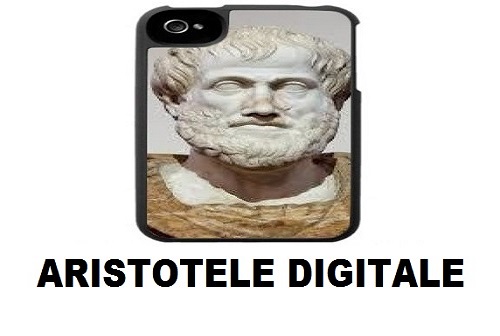So it is: a radical change has taken place in the mode of production and social organization, from industrial to digital. At the same time the whole planet finds itself strongly tested by an almost uncontrollable pandemic. Is there any cause-and-effect link? I do not think so.
Historical narration and the viruses
However, there is a “but”: every time historians tell us about epochal changes for the humanity, viruses emerge and spread fiercely everywhere. In this way, some phases of the Neolithic are explained, as well as the economic and political changes that took place in the Fertile Crescent in the transitions of power between Sumerians, Akkadians, Babylonians, Hittites, Assyrians, Persians. The same applies to typhoid fever during the Peloponnesian war between Sparta and Athens, to the Antonine plague at the beginning of the decadence of the Roman Empire and to the bubonic plague starting in 541, when the entire structure of territorial powers began to change between the Middle East and the Mediterranean. The same occurred for the black plague starting in 1300 which prepared the advent of what we call modernity … and up to the present day, to the current Covid.
There are changes we have to embrace
I repeat that I do not believe there is any cause-effect relationship, but the suspicion may arise that our socio-political discomforts leave free space for the world of viruses.
However, the anguish that accompanies us in these times pushes me to radicalize. In fact, I am trying to analyze the meaning of an affirmation that has accompanied me and has tormented me for some time and which feeds these gleanings of mine: when a mode of production changes (or when a pandemic), definitely changes everything, even if we do everything we can not to notice it.
Changes affects all the sectors starting with the holy one
What changes? My first answer is the categories of the politician. What are they? Which and how? I realize that, in order to answer, I would have to study much more and articulate arguments so complex that they never end. However, anguish must be taken head-on and looked into the eyes in a resolute way.
Here I am! In the next gleaners I will try to throw myself into the stake of our own humanity and, one after the other, I will at least try to indicate what I mean by political categories (obviously remembering Carl Schmitt) and how they are inevitably changing in the digital age.
I will start, perhaps surprising you, with the sacred, because I believe that it is the sacred that underpins politics, even if it does everything to get rid of it. That’s right, the sacred and the political. Here it is an important anticipation: the sacred is not resolved in religion. For example, Christianity is in constant struggle with the sacred: it recognizes it, but does not want to and cannot accept it.
See you next week, for a chasing of the sacred and then, subsequently, of the politician.








